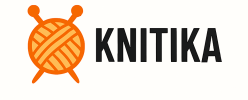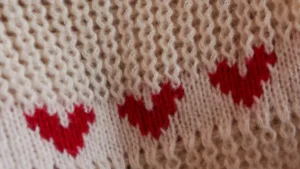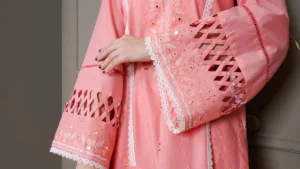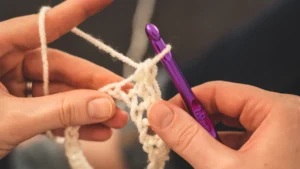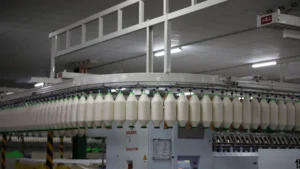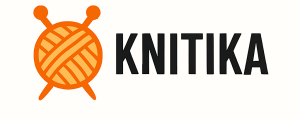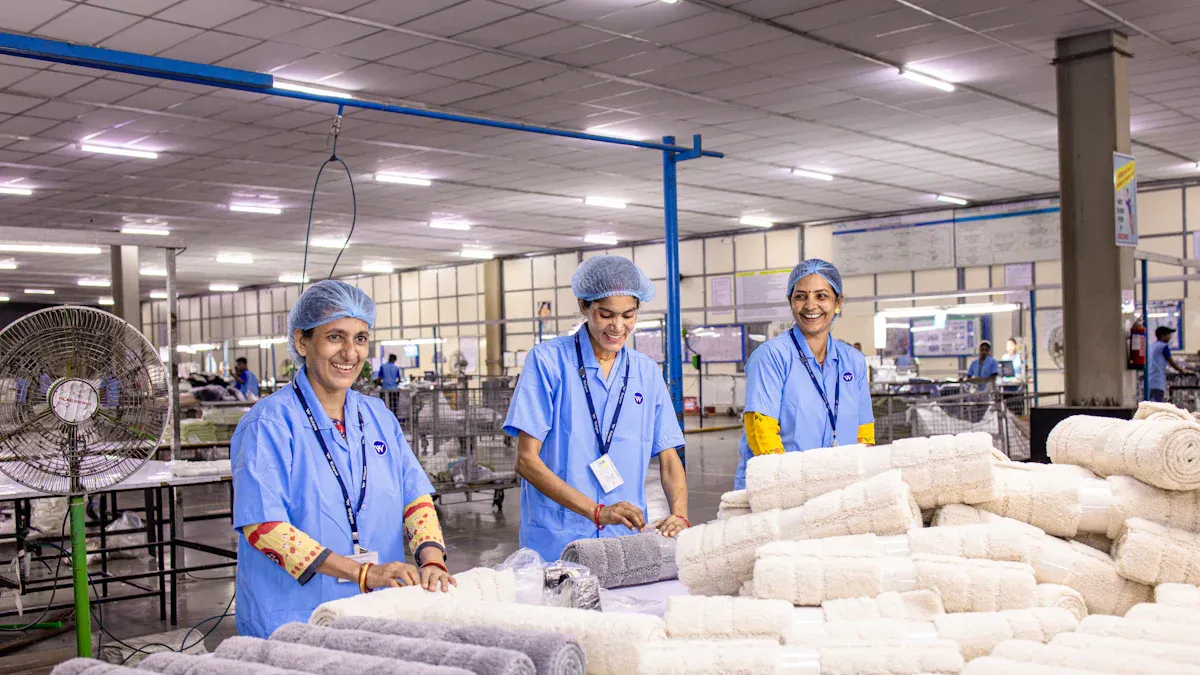
Tennessee is recognized as a leading knitwear manufacturing hub in the United States. The region boasts many skilled workers who specialize in creating embroidered knits. These artisans have honed their craft over many years. Numerous factories combine traditional heritage techniques with modern technology. This blend of old and new methods helps preserve craftsmanship for the future.
Key Takeaways
Tennessee has a long history with knitwear. People there mix old skills with new machines. This helps them make great products. Local companies care about fair jobs. They use materials made in America. They make things close to home. This helps quality and supports the community. Embroidered knits in Tennessee use machines and hand embroidery. This makes each item special and different. Heritage techniques are taught with new technology. This saves old skills and makes work faster. Buyers can pick colors, patterns, and fits. They trust Tennessee makers for good, green, and special products.
Tennessee’s Knitwear Heritage
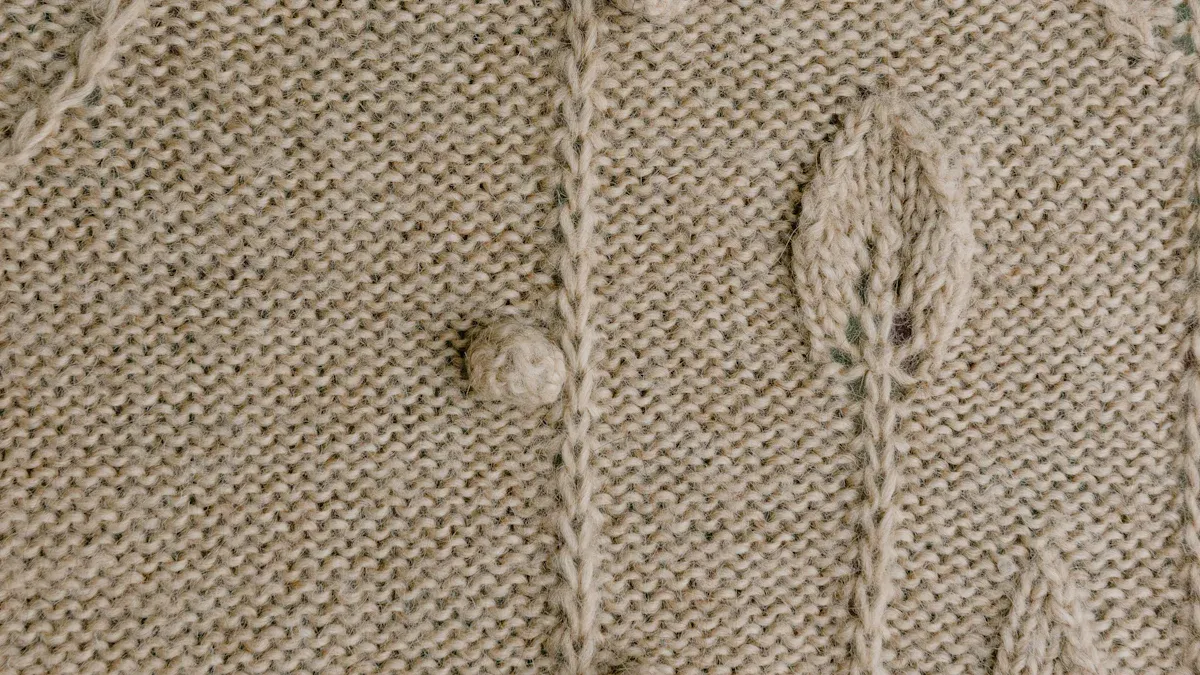
Historical Roots
Knoxville, Tennessee, became known for making textiles in the early 1900s. Many factories started in the city. This made Knoxville famous for its knitwear. By 1930, there were 22 textile and clothing factories. These places gave jobs to about 8,000 people. The city was called the “underwear capital of the world.” Factories made t-shirts, socks, shorts, and jeans. Standard Knitting Mill was one of the biggest plants in America. This mill made over 1 million undergarments each week. It had more than 3,500 workers. Other important mills were Brookside Mills, Holston Mills, and Cherokee Mills. Each mill helped shape the city’s textile story.
Did you know?
The Levi Strauss plant in Knoxville opened in 1953. Workers there made up to 7,000 pairs of jeans every day.
Here is a table with some main facts about these old mills:
Mill Name | Production / Output | Employment | Notes |
|---|---|---|---|
Standard Knitting Mill | Over 3,500 employees | Largest plant in America; operated ~1901–1990s | |
Knoxville Textile Mills | 22 factories by 1930 | 8,000 employees | Underwear capital of the world |
Brookside Mills | Large weaving mill | 1,000+ employees | Operated 1885–1956 |
Holston Mills | Hosiery manufacturing | N/A | Nearly 60 years until 1979 |
Cherokee Mills | Cotton yarn manufacturing | Mostly women workers | Operated until 1955; notable 1934 women’s strike |
Levi Strauss Plant | 7,000 pairs of jeans per day | Up to 2,300 employees | Opened 1953; largest Levi’s producer in America |
Craftsmanship Tradition
Tennessee’s mills built a strong tradition of skilled work. Workers learned to use hard machines and soft fabrics. Many families taught these skills to their children. Factories changed their tools and ways over time. Today, modern places use new technology. They still care about the careful work of trained artisans. This mix of old and new keeps the craft alive. Now, Tennessee’s knitwear industry remembers its past and looks ahead. The state is still known for making quality textiles.
Leading Knitwear Manufacturing in Tennessee
Top Manufacturers
Tennessee is known for leading knitwear manufacturing. Some companies are famous for quality and new ideas. Volunteer Knit Apparel is in the middle of the state. This company does every part of making clothes. Workers knit, dye, cut, and sew in local shops. Dignity Apparel also gives jobs to local people. They use American-made materials and care about fair work. Both companies keep their work close to home. This helps them check quality and help the community.
Many companies in Tennessee use union labor. Workers get good pay and safe places to work. Companies pick American-made yarns and fabrics. This helps other local businesses too. Tennessee stands out because it cares about quality and fair work.
Tip:
Pick a company that does all the steps in one place. This can mean better quality and faster work.
Embroidered Knits
Embroidered knits are a special product in Tennessee. Factories use machines and skilled people for detailed designs. Courtney Cox is a famous artisan who adds hand embroidery to knitwear. She mixes old ways with new looks. Her work shows how tradition and new ideas can join.
Factories use advanced embroidery machines for big orders. These machines make patterns fast and very well. For special jobs, artisans add hand-stitched touches. Mixing machine and handwork makes each piece unique. Customers can pick from many designs or ask for custom embroidery.
Embroidered knits from Tennessee often show local themes. Designers get ideas from the state’s history and culture. This makes each piece special and full of meaning.
Heritage Techniques
Heritage techniques are still important in Tennessee’s knitwear. Many companies teach workers old ways passed down over time. These skills include hand knitting, special stitches, and careful finishing. Courtney Cox is known for using heritage embroidery. She studies old patterns and uses them in new clothes.
Modern factories use technology to help these old ways. AI-driven machines can copy hard hand-stitched patterns very well. This lets companies make more clothes but keep the handmade look. Many factories also have workshops and training. Workers learn both new tech and old skills.
Projects like the Refashioning the Renaissance Project show how old and new can work together. People study old clothes and try to make them again. They use old records and hands-on knitting. This helps everyone see why heritage techniques matter today.
Leading knitwear manufacturing in Tennessee shows how old and new can work together. Companies respect the past and use new tools to make great products. This balance keeps the industry strong and well-known.
The Embroidery Process
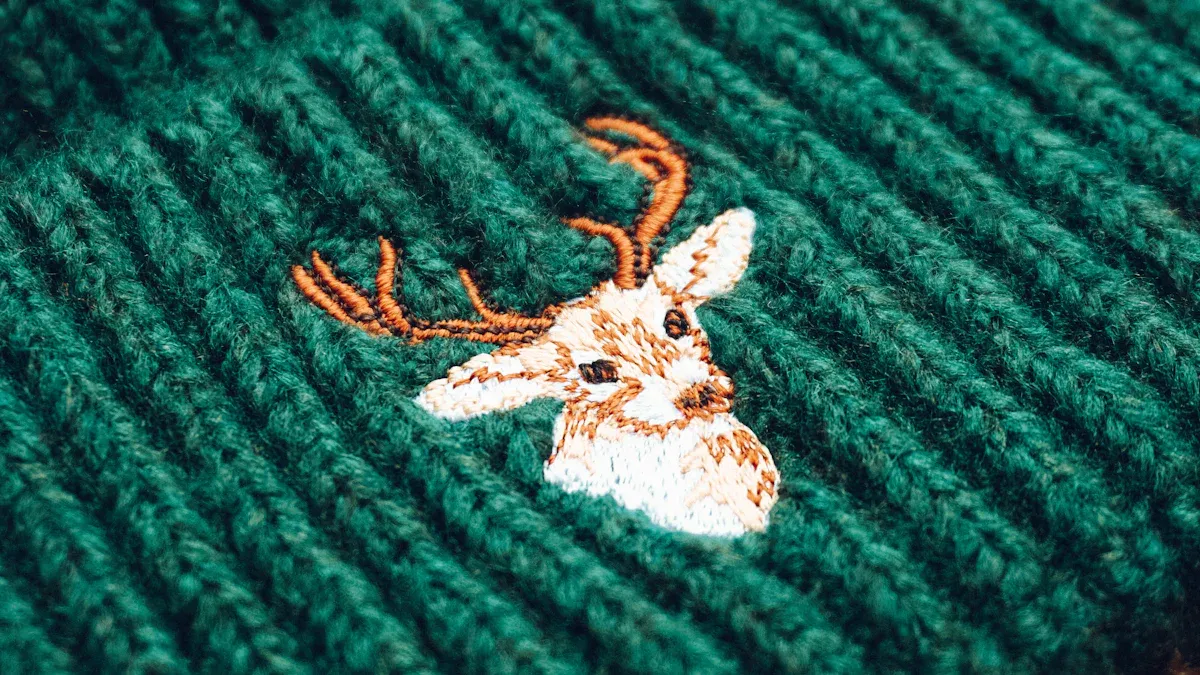
Step-by-Step Overview
The embroidery process in Tennessee starts with an idea. Designers draw patterns or use computers to make designs. They pick the best yarns and fabrics for each project. Workers get the knit fabric ready for stitching. They make sure it is smooth and clean.
Factories use both hand and machine embroidery. Machines work fast for big orders and make neat patterns. For special items, artisans add hand-stitched details. Workers check every piece for quality before it gets packed and shipped.
Here is a table that shows important steps in the embroidery process:
KPI Metric | Benchmark/Target | Impact/Significance |
|---|---|---|
Production Efficiency | ≥ 95% | Reduces material waste and maximizes output |
Order Fulfillment Rate | Boosts customer satisfaction and repeat business | |
Defect Rate | < 2% | Maintains high quality and customer trust |
Employee Productivity | Up to 20% improvement post-training | Enhances workforce output and efficiency |
Average Production Delay | Less than 1 day | Minimizes bottlenecks and keeps schedules on track |
Supply Chain Responsiveness | > 90% | Ensures resource alignment and smooth operations |
Note:
Embroidery businesses check their progress every month and quarter. Real-time tracking helps them find problems early and keep quality high.
Modern Meets Tradition
Tennessee’s embroidery industry uses both old and new ways. Many companies use computers to design and share traditional patterns. Artisans learn heritage stitches in classes and use machines to work faster. Digital tools help artists show their work to more people and teach others about embroidery.
Digital archives keep old designs safe and easy to find.
Online classes and craft events help teach skills.
Modern marketing brings traditional embroidery to new buyers.
Artists and craftspeople often team up to make special pieces.
Cultural projects and digital tools help keep heritage embroidery strong. This mix of old and new helps the craft and the community.
Choosing a Knitwear Manufacturer
Customization Options
Buyers have lots of choices with Tennessee knitwear manufacturers. Companies let customers pick custom colors, patterns, and fits. People can choose designs or make their own with digital tools. Some factories offer special services for unique products. New technology like 3D knitting helps make detailed textures and great fits. Many buyers want eco-friendly and fair materials. Manufacturers now offer these options to meet what people want. Customization helps brands be different and gives customers more choices.
Customers can:
Pick colors and patterns
Ask for special fits and sizes
Use digital tools to see designs
Request eco-friendly materials
Tip:
Buyers should ask about minimum order amounts and how long it takes before starting.
Quality and Materials
Quality is very important in knitwear. American-made knitwear follows strict rules and testing. Factories check materials for problems, color, and strength. They use tests to make sure fabrics last a long time. Many companies follow ISO and ASTM rules for strong and lasting clothes. Certifications like ISO 9001, OEKO-TEX, and GOTS show safety and care for the planet. Factories use new machines and data tools to keep quality high. Most buyers in the U.S. like American-made clothes if price is not a problem. This means people trust local quality.
Quality Control Step | Purpose |
|---|---|
Raw material inspection | Checks for defects and color consistency |
In-line inspections | Finds problems during sewing and finishing |
Pattern checking | Ensures size and fit match every order |
Certification | Proves safety and eco-friendly practices |
Special Product Needs
Some buyers need special things like baby pants, religious clothes, or small orders. These products need extra care and skill. Factories must follow safety rules for baby clothes, like fire safety and labels. Religious clothes may need special fabrics or designs. Small orders help new brands try ideas without spending a lot. Skilled workers and cultural knowledge help make these products. Buyers should ask if factories have experience with special products and ask for samples or prices.
Special needs may include:
Safety checks for baby clothes
Custom fabrics for religious wear
Small orders for new brands
Note:
Asking for a sample or price helps buyers check quality and service before making a big order.
Tennessee is a top place for knitwear making in the U.S. Factories and workers use old skills and new machines. Many brands trust Tennessee for embroidered knits and good products. Companies here help make today’s supply chain better. People can contact Tennessee makers for tradition and new ideas.
If brands want quality and history, Tennessee is a special choice in textiles.
FAQ
What makes Tennessee knitwear unique?
Tennessee knitwear is special because makers use old and new ways. Factories use machines and also keep heritage skills alive. They pick American-made materials for their products. This mix helps make high-quality and unique items.
How do manufacturers ensure quality in embroidered knits?
Factories check each step to make sure things are right. Workers look at yarns, watch machines, and test finished pieces. Many companies follow strict rules like ISO or OEKO-TEX. These rules help keep products safe and strong.
Can small brands order custom knitwear in Tennessee?
Yes! Many factories in Tennessee take small orders from brands. They let brands pick colors, patterns, and fits. New brands can ask for samples or special designs. This helps small businesses get started and grow.
Are heritage techniques still taught today?
Many companies teach workers old skills in classes. Artisans learn hand embroidery and special stitches. These lessons help keep traditions alive for young people.
What types of products do Tennessee knitwear factories make?
Factories make t-shirts, socks, sweaters, baby clothes, and religious wear. Some also make custom things for brands. Each item can have embroidery or special finishes.
